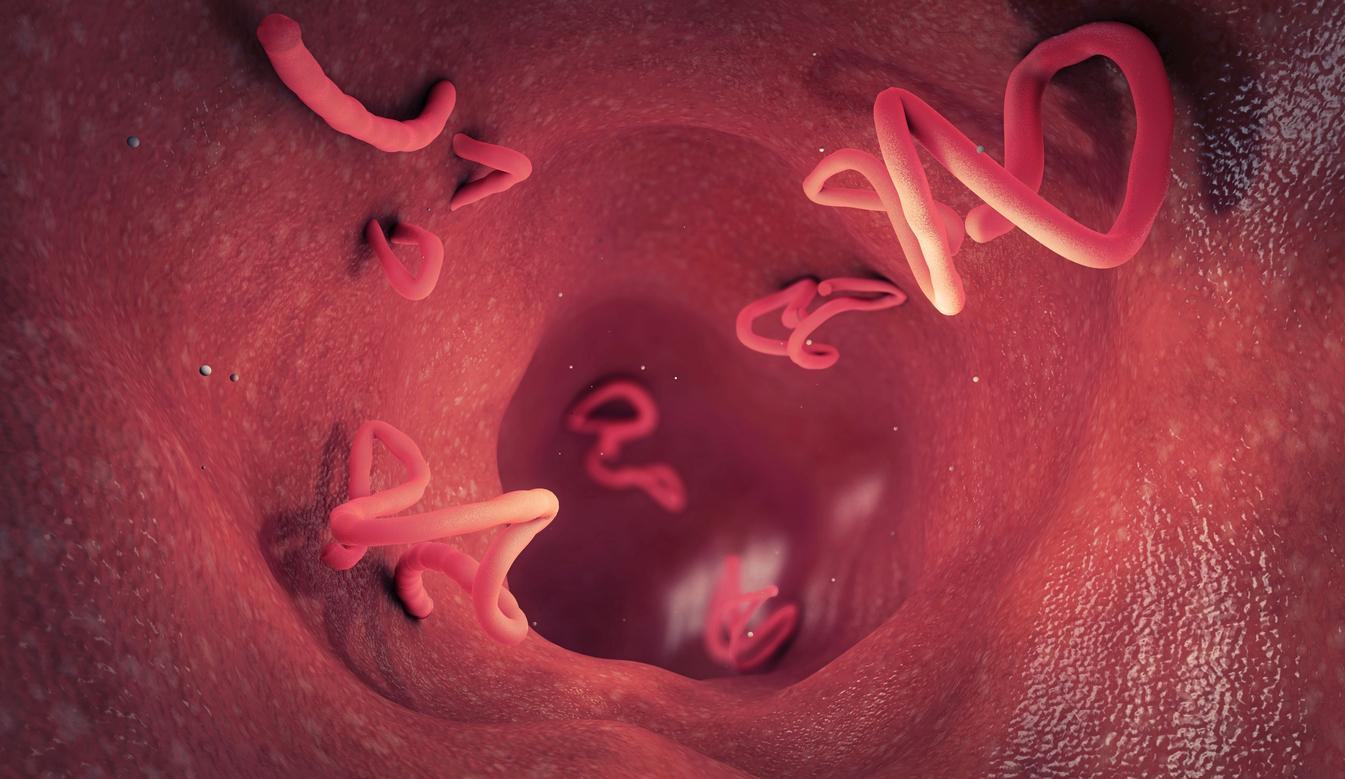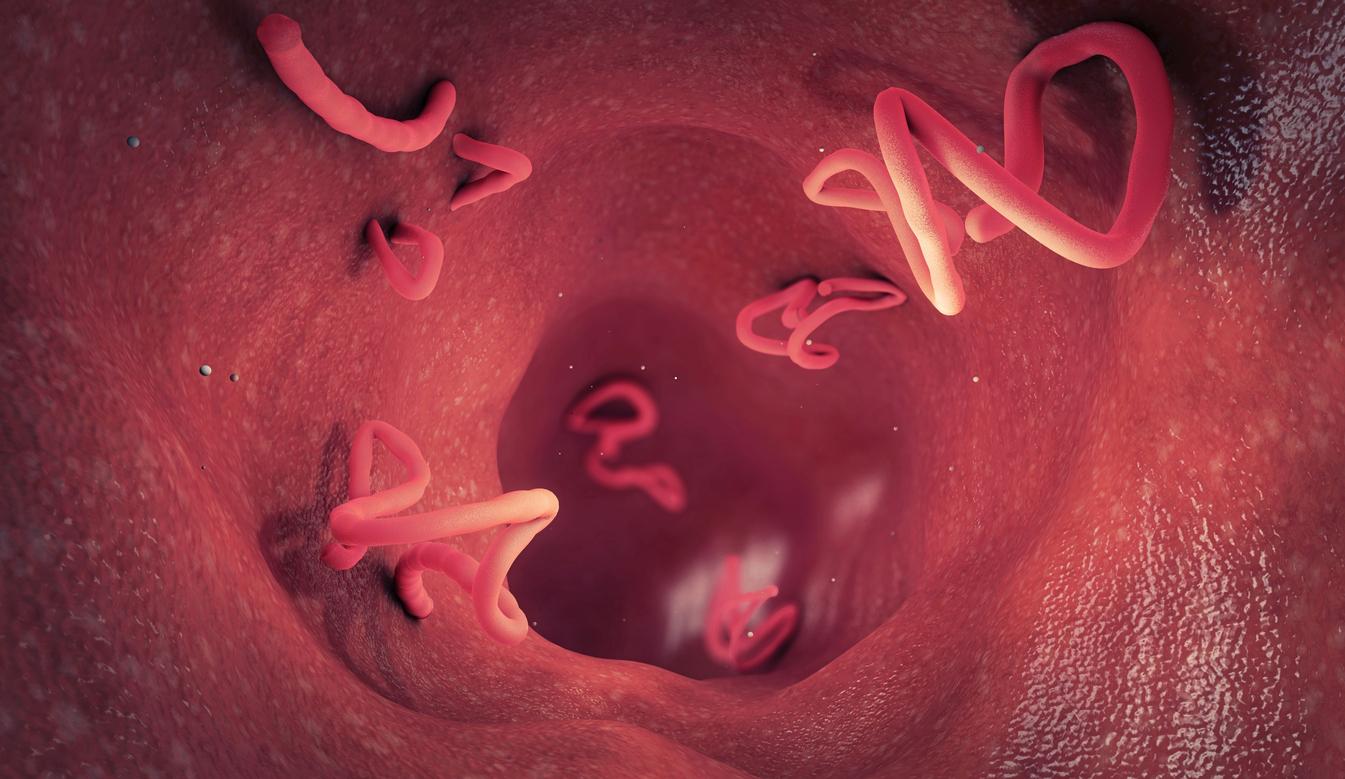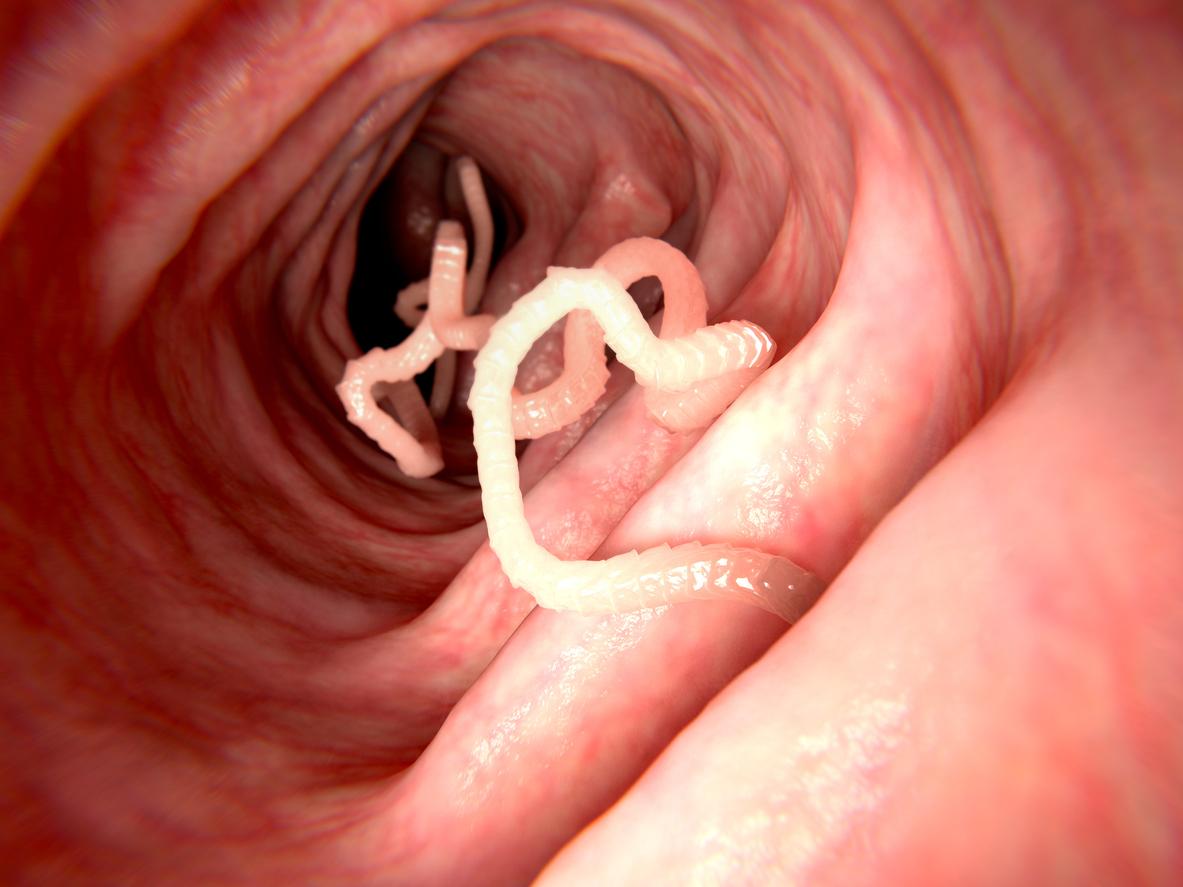A 40-year-old went to the hospital for back pain that had persisted for several years. In reality, she had a cyst, infected with a parasite, on her spinal cord.

- A 46-year-old Chinese resident presented with a cyst infected with the Taenia solium parasite on her spinal cord.
- This infection can cause “intense headaches, blindness, convulsions and epileptic seizures which can be fatal”.
- When taking care of the patient, doctors removed the cyst and gave her an antiparasitic drug.
A rare case. In China, a 46-year-old woman had been suffering from lower back pain and pain in her right leg for three years. Over time, his health deteriorated. On a scale of one to ten, she rated her pain at six. So, she decided to go to the hospital. After several exams, including an MRI, doctors discovered a cyst on his spinal cord.
But that’s not all. They also identified a parasite, called “Taenia solium“, in this cavity. In a statementthe World Health Organization (WHO) indicates that infestation by the parasite Taenia solium usually occurs when eating raw or undercooked infected pork. “It causes few clinical symptoms. Tapeworm eggs are excreted in the carrier’s stool and can infect pigs.”
Neurocysticercosis: neurological symptoms after infection with Taenia solium
This infection can be very dangerous for your health because the eggs of Taenia solium turn into larvae in different organs. When these enter the central nervous system, they can cause neurological symptoms. “When cysts form in the brain, it is called neurocysticercosis. The symptoms it causes are severe headache, blindness, seizures and seizures which can be fatal,” specifies the health authority. It signals that the parasite Taenia solium is the cause of 30% of cases of epilepsy in many endemic areas where there is close proximity between inhabitants and free-range pigs.
“MRI showed no recurrence of cysticercosis”
After discovering this cyst infected with this parasite, Chinese practitioners decided to remove the cyst during surgery and prescribed the patient an anti-parasitic drug. When the 40-year-old was discharged from the hospital, only a slight sensory impairment was observed. “After three years of follow-up, the pain scale dropped from 6 to 2, and her sensory function fully recovered. Magnetic resonance imaging showed no recurrence of cysticercosis,” can we read in a report published in the journal Journal of Medical Case Reports.

















